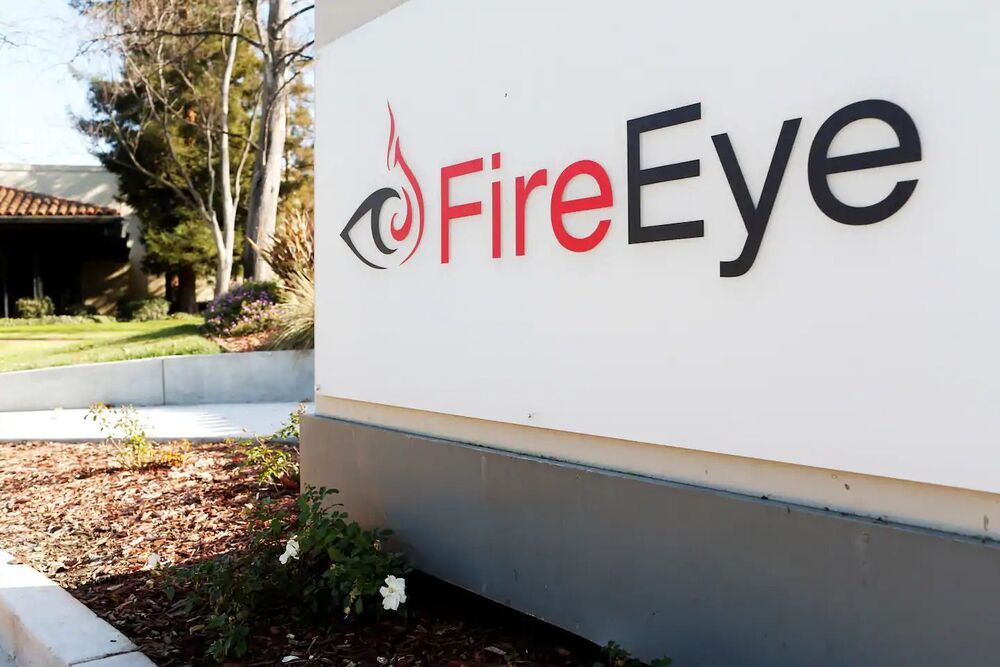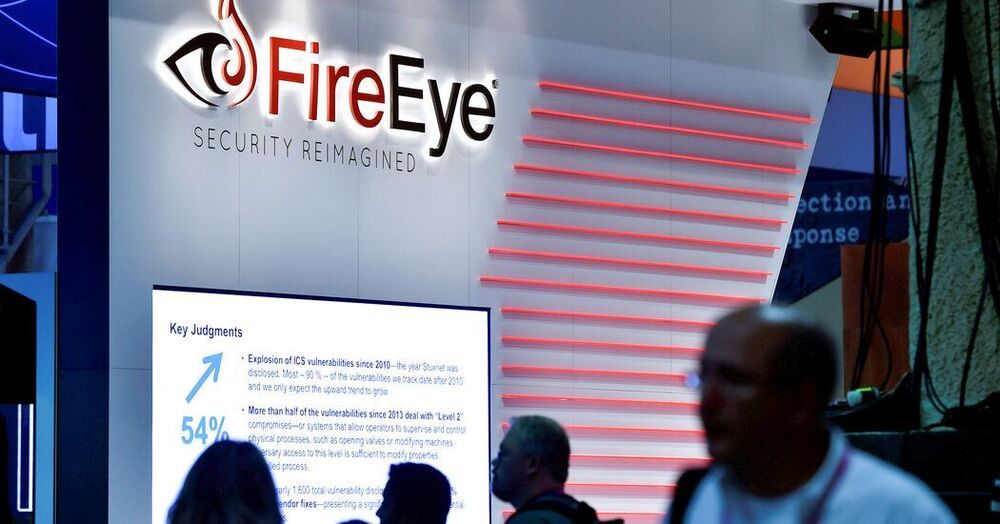The U.S. government Agencies and cybersecurity firm FireEye were hacked using SolarWinds software supply chain attack.
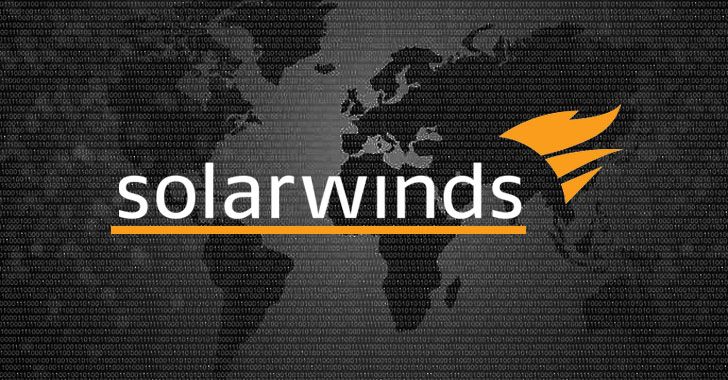

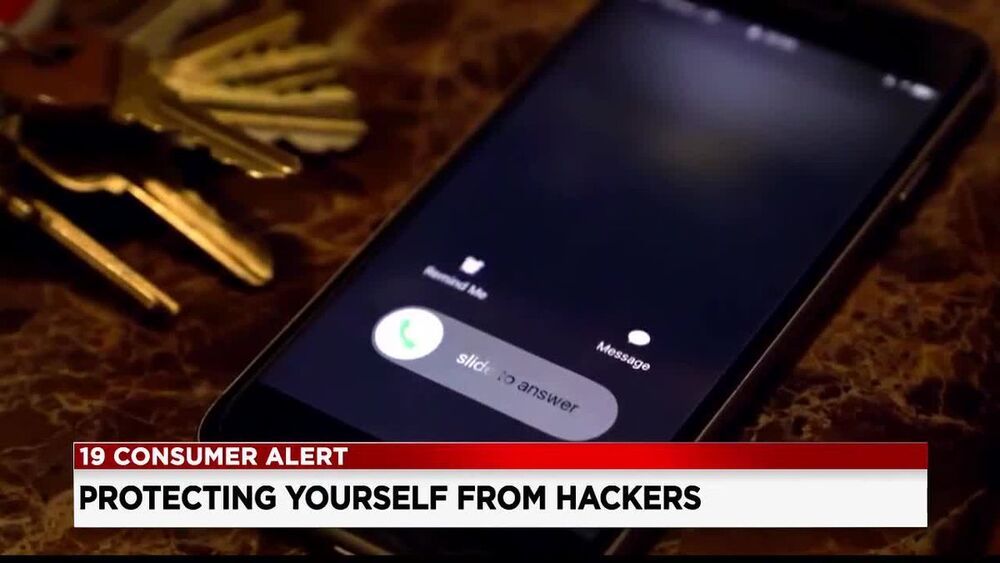
Automatic bug fixer.
Software development bot that automatically repairs build failures on continuous integration. Join the bot revolution! :star2::robot::star2::revolving_hearts: — eclipse/repairnator.
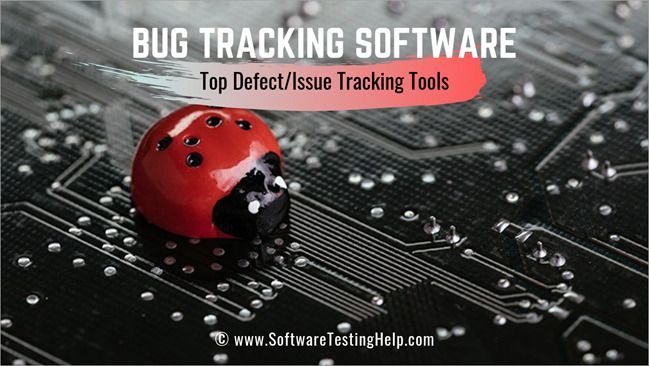
Best bug tracking software tools and systems: track defects efficiently with these top tools.
We are testers – in other words, bug finders. Defect/Bug/Issue/Fault/Failure/Incident – whatever we choose to call – our primary job description revolves around finding, recording, reporting, managing and tracking these. There is no harm in using an excel sheet to record/track and emails to report/alert/communicate.
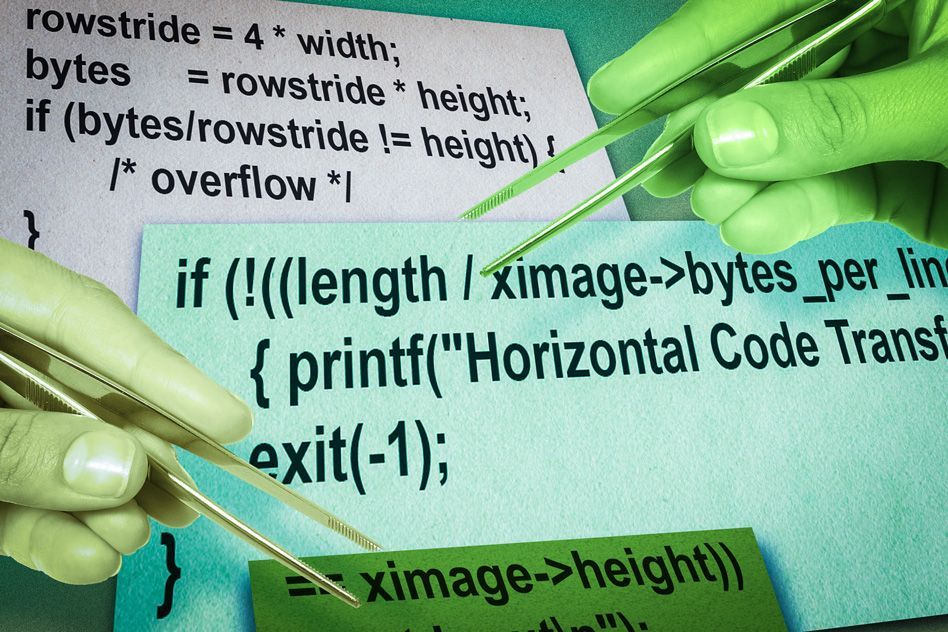
Circa 2015
At the Association for Computing Machinery’s Programming Language Design and Implementation conference this month, MIT researchers presented a new system that repairs dangerous software bugs by automatically importing functionality from other, more secure applications.
Remarkably, the system, dubbed CodePhage, doesn’t require access to the source code of the applications whose functionality it’s borrowing. Instead, it analyzes the applications’ execution and characterizes the types of security checks they perform. As a consequence, it can import checks from applications written in programming languages other than the one in which the program it’s repairing was written.
Once it’s imported code into a vulnerable application, CodePhage can provide a further layer of analysis that guarantees that the bug has been repaired.


Hackers with possible links to Iran appear to have breached an unprotected human-machine interface system at an Israeli water reservoir that connected directly to the internet and lacked security protocols, according to industrial cybersecurity firm Otorio.
See Also: Live Webinar | Securing Mobile Endpoints to Protect IP in the Pharma Industry
The security firm reports that the alleged Iranian hacking group, referred to as “Unidentified TEAM,” published a video of the attack on an unnamed reclaimed Israeli water reservoir human-machine interface (HMI) system, which did not require any authentication to access and modify the system. This allowed the threat actors to tamper with the water pressure, change temperatures and more.
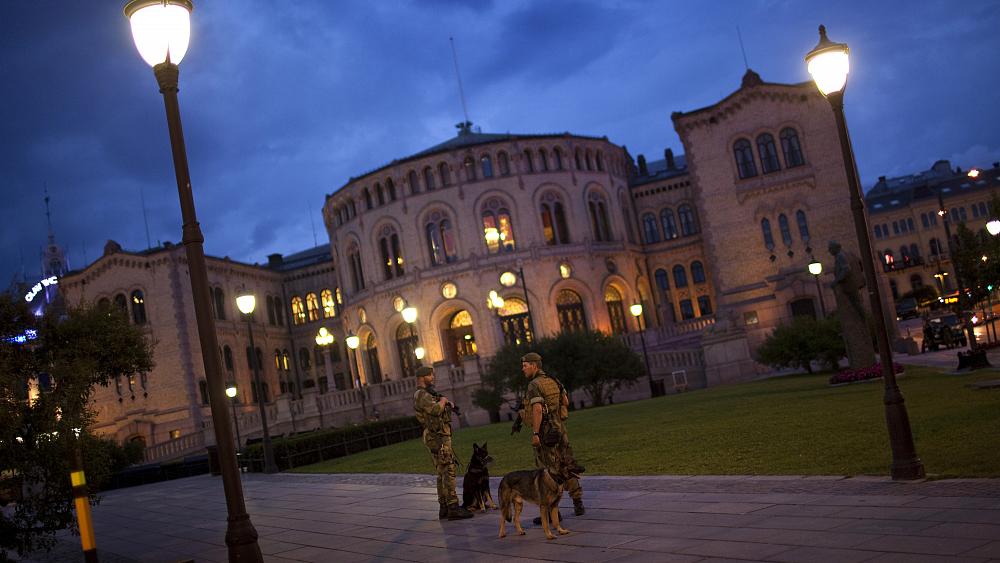
Norway’s domestic security agency has said that Russian hackers linked to the country’s military intelligence service were “likely” behind a cyber attack against the Norwegian parliament this year.
The network operation behind the attack was part of “a broader national and international campaign that lasts at least since 2019” the Norwegian Police Security Service (PST) said in a statement.
